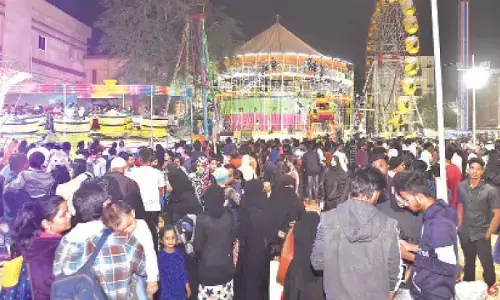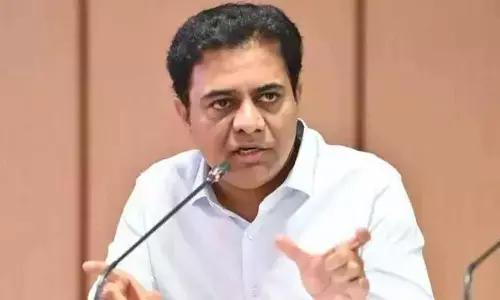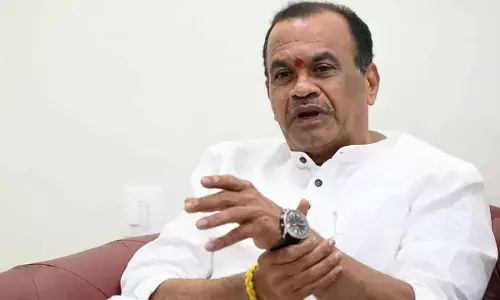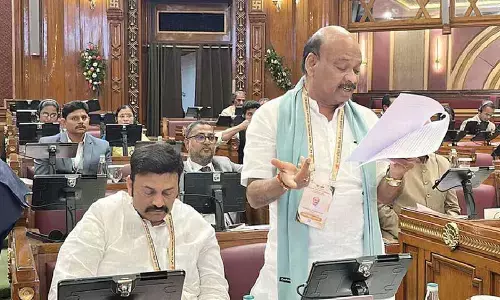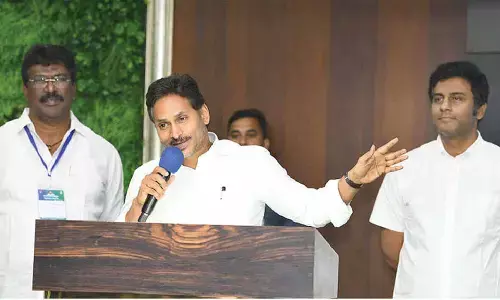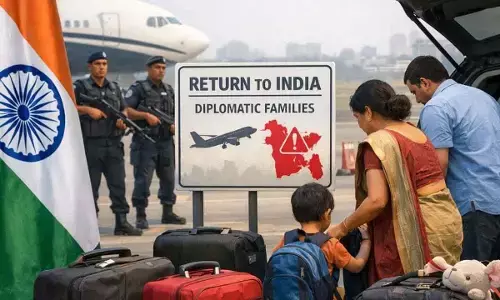World immunisation week

Doctors state that immunisation prevents an estimated 2-3 million deaths every year. Yet, one in five children is missed out. Immunisation is easily transferred into ‘to do list’ as household chores and professional responsibilities demand immediate attention.
Immunisation can prevent over a million deaths annually
Doctors state that immunisation prevents an estimated 2-3 million deaths every year. Yet, one in five children is missed out. Immunisation is easily transferred into ‘to do list’ as household chores and professional responsibilities demand immediate attention.
“Immunisation is a widely recognised, successful and cost-effective health intervention that provides protection from life-threatening infections and prevents inordinate expenses during hospitalisation, loss of productivity, and of course, mortality,” says professor of pulmonary medicine Dr Ashfaq Hasan, Deccan College of Medical Sciences.

According to a report in 2014, India ranks third from the bottom in the Global Action Plan for Pneumonia and Diarrhoea (GAPPD) score among a list of 15 high-burden countries and pneumonia is responsible for 25-30 per cent deaths in elderly despite adequate hospital treatment.
“Unfortunately there is no foolproof method for prevention. A warning to people of poor immunity as viral pneumonias can spread from person to person through the air, and so measures of personal protection and avoidance of crowded places must become important. Effective vaccination policies are capable of eradicating—or at least, considerably reducing—the incidence of infections with virulent strains.
During the World Immunisation Week 2015, the WHO is promoting immunisation through its campaign ‘Close the Immunisation Gap’. However, undertaking a mass vaccination program in a developing country—of a billion-plus population is no small task. To optimise the channelling of resources, key areas of vulnerability must be identified”, asserts Dr Hasan.
By:Meenakshi Sengupta









